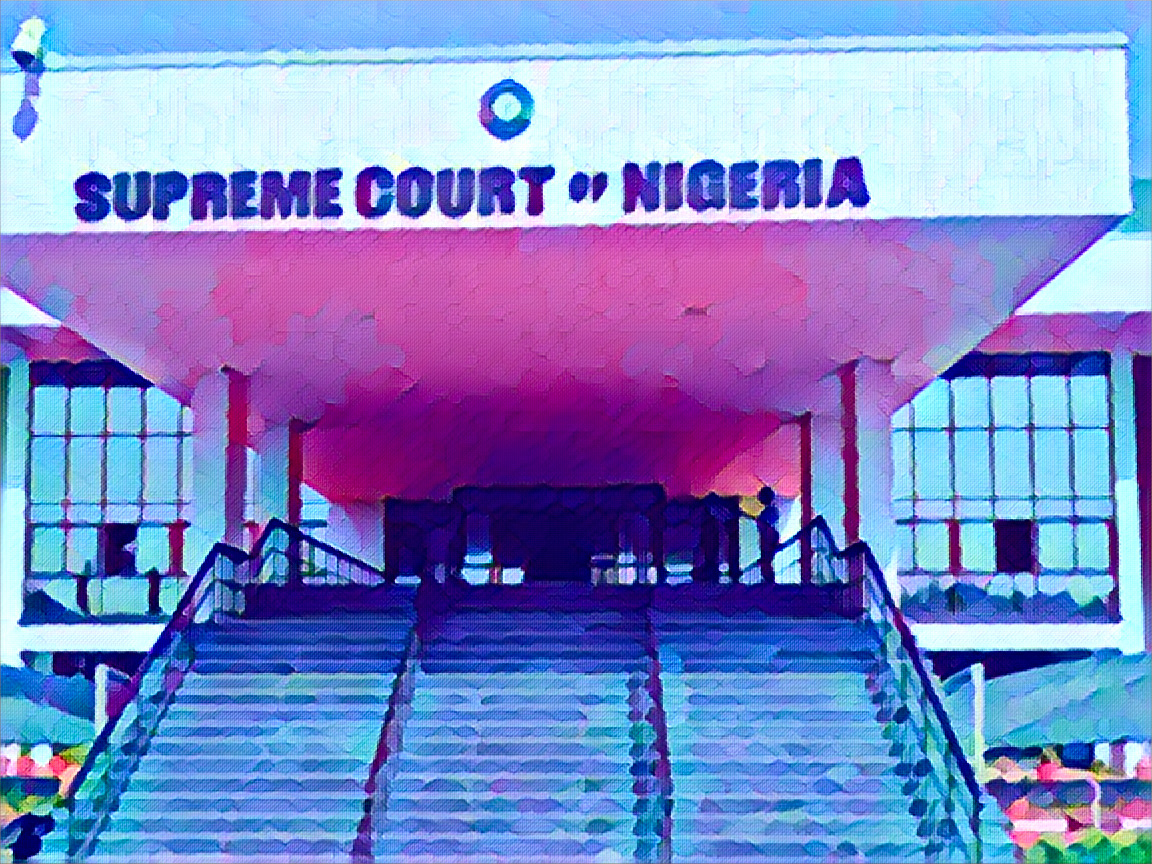The Supreme Court of Nigeria has scheduled a hearing for Thursday, May 30, on a significant suit filed by the Federal Government against the 36 state governors. The suit, initiated by the Attorney General of the Federation (AGF) and Minister of Justice, Lateef Fagbemi, accuses the governors of gross abuse of local councils and seeks to secure full autonomy for local councils as the third tier of government in the country.
The crux of the Federal Government’s case is the alleged arbitrary dissolution of democratically elected local council leaders by state governors and the subsequent appointment of caretaker committees to manage local affairs. This practice, according to the AGF, undermines the constitutional provisions that guarantee a democratic system of local governance.
In states like Anambra, Ogun, Imo, Abia, Kwara, Lagos, and Zamfara, local council elections have not been held for years. For instance, the last council election in Anambra State was conducted in November 2014, while in Imo, it was held in August 2018 after a seven-year hiatus. Kwara held its last council election in November 2017, with caretaker committees taking over since 2020. Similarly, Zamfara’s last grassroots poll was in April 2019, after which appointees have been managing the councils.
In some states like Abia, local councils are administered by mayors, a development which is not recognized by law. Bauchi experienced a 12-year gap in council elections from 2008 to 2020. When the tenure of the elected executive ended in October 2022, Governor Bala Mohammed appointed a caretaker committee.
The suit, marked SC/CV/343/2024, includes several prayers from the AGF aimed at reinforcing the autonomy of local councils. Key among these is a request for an order prohibiting governors from unilaterally dissolving democratically elected local council leaders. Additionally, Fagbemi is seeking an order that mandates the direct disbursement of funds to local councils from the Federation Account, bypassing the joint accounts managed by state governments, which he claims are unlawful.
The AGF also seeks an injunction to stop governors from appointing caretaker committees to run local councils, emphasizing the need for adherence to the constitutionally guaranteed democratic system. Furthermore, the Federal Government is applying for an injunction to prevent governors and their agents from accessing or tampering with funds allocated to local councils when no democratically elected council is in place.
The state governors are being sued through their respective state attorneys general, highlighting the widespread nature of the issue across Nigeria.
The Yoruba Youth Socio-Cultural Association (YYSA) has expressed strong support for the Federal Government’s actions. In a statement released in Ibadan, National President Olalekan Hammed and National Secretary Olawale Ajao applauded the government’s bold move. They emphasized that local governments, as the third tier of government, are constitutionally mandated to operate independently and democratically, and that the current practices of many state governors undermine this principle.
“The Federal Government has taken a dignified, bold, and laudable step by suing the 36 state governors who have subjugated local governments that are by the constitution the third level of government, after federal and state. Everything becomes jeopardized when governors begin to castrate local councils that are the most impactful and closest to the masses,” the YYSA leaders stated.
Local councils play a critical role in governance, being the closest tier to the people and directly responsible for addressing grassroots issues. Ensuring their autonomy is crucial for effective governance and local development. The AGF’s suit underscores the Federal Government’s commitment to upholding constitutional provisions and promoting democratic governance at all levels.
The outcome of this suit could have far-reaching implications for the structure of local governance in Nigeria. If the Supreme Court rules in favor of the Federal Government, it could lead to significant changes in how local councils are managed and funded, potentially reducing the influence of state governors over local administrations.
As the hearing date approaches, stakeholders from various sectors are keenly watching the developments. The case not only addresses the immediate issue of local council autonomy but also raises broader questions about federalism and the balance of power between different levels of government in Nigeria.
The Supreme Court’s decision to hear the Federal Government’s suit against the state governors on May 30 marks a pivotal moment in the quest for local council autonomy in Nigeria. The suit, driven by allegations of gross abuse and unconstitutional practices by state governors, seeks to ensure that local councils operate independently and democratically, as mandated by the constitution. The support from groups like the Yoruba Youth Socio-Cultural Association highlights the public’s vested interest in the outcome, which promises to shape the future of local governance in Nigeria.
Source: The Guardian


